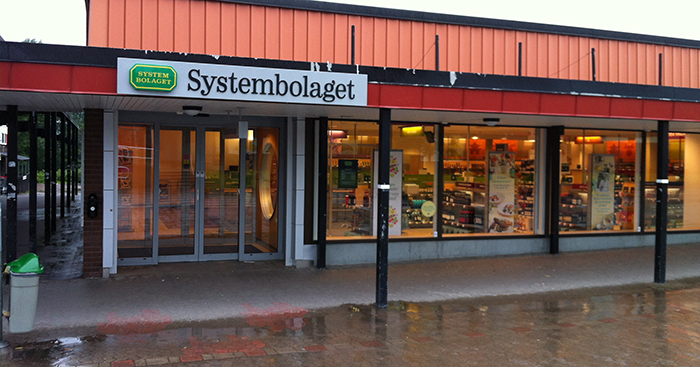What do Pennsylvania and Sweden have in common? Aside from Sweden’s short-lived colony on the Delaware River, very little. Except a government liquor monopoly.
The Pennsylvania Liquor Control Board (PLCB) is similar to the monopoly systems that dominate sale of wine and spirits in Sweden, Norway, Finland, and Iceland. The Swedish system has a funny name: Systembolaget (“System Company”) and some quirks that Pennsylvanians would recognize: a travel website notes the restricted hours and “strangely utilitarian feel” of its stores.

The Swedish system, however, does not seek a profit . The Pennsylvania system, in contrast, has a muddled mission that aims to both maximize profit and discourage drinking.
Moreover, Pennsylvania’s system is stricter in some respects than the Scandinavian systems, or at least the Swedish one. Systembolaget stores exist alongside importation laws that were liberalized in 2008 under the requirements of the European Union common market. Under those rules a Swede may carry into the country from elsewhere in the EU an unlimited quantity of alcohol for personal use. Even though the 50 United States are also a common market, it remains broadly illegal to bring wine or spirits into Pennsylvania.
The Pennsylvania system is so restrictive and opaque that it may violate international trade rules. This month a group of foreign wine and spirits merchants delivered Governor Wolf a letter objecting to PLCB pricing practices and citing the United States’ trade treaty obligations. The foreign sellers are concerned that a lack of transparency gives the PLCB power to discriminate against their products. Until 2016 the PLCB simply bought alcohol from wholesalers and sold it at a flat 30% markup. 2016 legislation, however, gave the PLCB more discretion: it may now charge any markup it chooses on any given product. It is not obligated to disclose or explain, or to treat competing brands equally. Might the Pennsylvania system be partially liberalized as a result of this skirmish? It is possible. After all, a complete privatization passed the General Assembly in 2015 but couldn’t overcome Governor Wolf’s veto.
In the meantime, both foreign and local businesses must continue to navigate arbitrary PLCB rules. Most recently the board issued a legal opinion that local wineries may not advertise volume discounts. Advertising the plain fact that a case of 12 bottles, for example, costs less per unit than a single bottle can constitute an impermissible “inducement to purchase alcohol” in the eyes of the PLCB.
Privatization is the best path to ending all this silliness, but if international sellers can improve things in the meantime by pressing trade claims, more power to them. Maybe we will at least reach the same level of service as Sweden.





